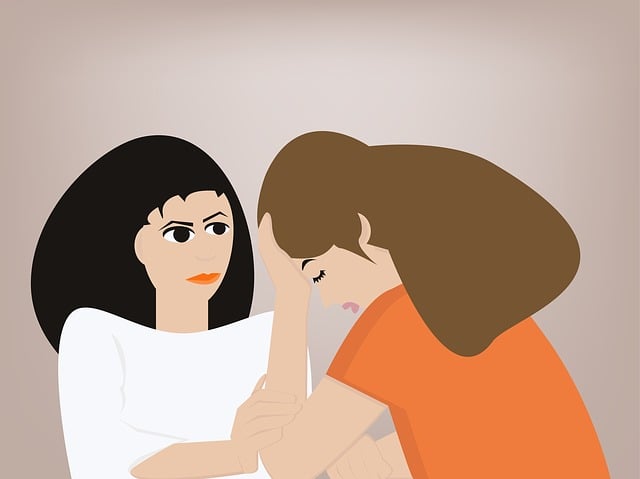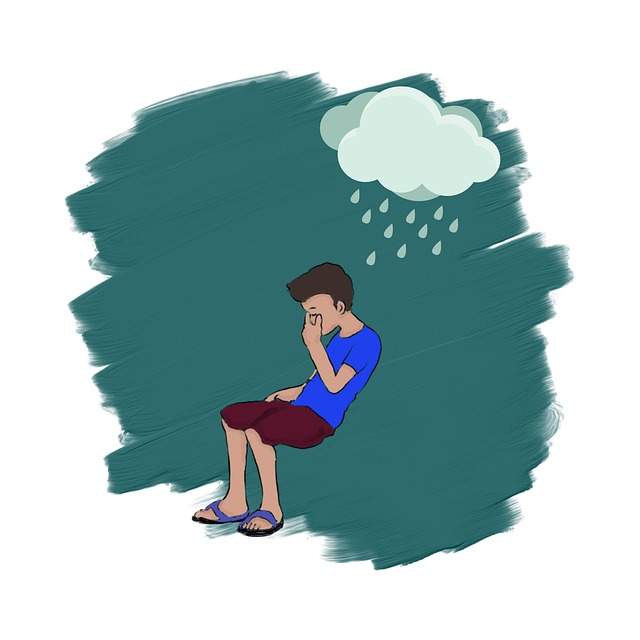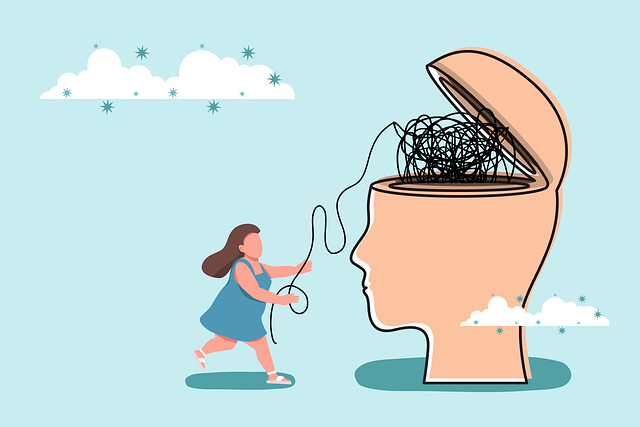Loss, grief, and bereavement are universal emotional challenges that require specialized support. Littleton Sexual Abuse Survivor Therapy (LSASLT) offers tailored counseling for complex trauma and grief, leveraging evidence-based practices like TF-CBT and emotional intelligence techniques to help survivors manage emotions such as grief, anxiety, depression, and PTSD. Through safe, non-judgmental environments, LSASLT challenges negative thought patterns, normalizes emotional responses, and empowers clients to develop resilient coping mechanisms. Combining professional guidance with self-care practices like mindfulness and Mental Illness Stigma Reduction, LSASLT enables individuals to heal from significant loss and rebuild their lives.
“Loss, grief, and bereavement counseling are essential resources for those navigating difficult times. This comprehensive guide delves into the complex world of understanding loss, exploring its impact on survivors, especially focusing on sexual abuse victims in Littleton. We uncover effective counseling techniques to offer vital support during challenging periods. Furthermore, we provide resources and strategies for recovery after loss, emphasizing hope and healing. For Littleton sexual abuse survivor therapy, these insights offer a path towards resilience and restoration.”
- Understanding Loss, Grief, and Bereavement: A Comprehensive Overview
- The Impact of Traumatic Loss on Survivors: A Special Focus on Sexual Abuse Victims
- Counseling Techniques for Effective Support During Difficult Times
- Finding Hope and Healing: Resources and Strategies for Recovery After Loss
Understanding Loss, Grief, and Bereavement: A Comprehensive Overview

Loss, grief, and bereavement are complex emotional processes that every individual experiences at some point in their lives. Understanding these concepts is crucial for anyone seeking support or considering a career in counseling. Loss refers to the absence of someone or something significant, whether it’s the passing of a loved one, ending a relationship, or experiencing a major life change. Grief is the emotional response to loss, characterized by feelings of deep sorrow, anger, guilt, and confusion. It is a natural and inevitable part of the healing process but can be overwhelming, especially when exacerbated by trauma or other mental health issues.
Bereavement, on the other hand, pertains to the period after a loss during which individuals adjust to their new reality. It involves various stages, including denial, anger, bargaining, depression, and acceptance. Effective counseling for these experiences often involves tailored communication strategies to address unique needs. Trauma support services are particularly crucial when dealing with complex grief or post-traumatic stress disorder (PTSD) related to the loss. Additionally, counselors can play a vital role in depression prevention by helping individuals process their emotions, develop coping mechanisms, and cultivate resilience during challenging times. Services like Littleton Sexual Abuse Survivor Therapy exemplify specialized care tailored to address specific forms of trauma and grief.
The Impact of Traumatic Loss on Survivors: A Special Focus on Sexual Abuse Victims

Traumatic loss, particularly sexual abuse, can have profound and lasting effects on survivors’ mental health. The experience of such profound harm often leads to complex emotional responses including grief, anxiety, depression, and post-traumatic stress disorder (PTSD). Survivors may struggle with feelings of powerlessness, shame, and guilt, which can significantly impact their ability to function in daily life.
Littleton Sexual Abuse Survivor Therapy focuses on providing a safe and supportive space for individuals to process these complex emotions. Using evidence-based approaches like trauma-focused cognitive behavioral therapy (TF-CBT) and techniques emphasizing emotional intelligence, therapists help survivors develop coping mechanisms and build resilience. Engaging in mental health education programs designed to enhance self-awareness and stress management skills can further empower survivors, enabling them to navigate challenges associated with their traumatic experiences more effectively.
Counseling Techniques for Effective Support During Difficult Times

In the midst of loss and grief, seeking professional support through counseling can be a powerful tool for healing. One effective approach is Littleton Sexual Abuse Survivor Therapy, tailored to help individuals process complex emotions stemming from traumatic experiences. This method encourages clients to explore their feelings in a safe and non-judgmental space, fostering inner strength development. Therapists use various techniques such as cognitive behavioral therapy (CBT) to challenge negative thought patterns and promote self-awareness exercises, enabling individuals to navigate their grief journey with resilience.
Additionally, mental illness stigma reduction efforts play a crucial role in counseling. By creating an environment that encourages open dialogue, therapists help clients normalize their emotional responses. This process supports the development of coping mechanisms tailored to individual needs, enhancing their ability to cope with bereavement. Through these interventions, individuals can find solace and regain a sense of control, allowing them to gradually rebuild their lives after a significant loss.
Finding Hope and Healing: Resources and Strategies for Recovery After Loss

After experiencing a significant loss, finding hope and healing can seem like an insurmountable task. However, it’s crucial to remember that recovery is possible with the right resources and strategies. Many individuals turn to counseling as a vital step in their grief journey, offering a safe space to process emotions, gain insights, and develop coping mechanisms. Littleton Sexual Abuse Survivor Therapy, for instance, specializes in helping clients navigate complex emotions related to trauma and loss, utilizing evidence-based approaches tailored to individual needs.
In addition to professional therapy, engaging in self-care practices can significantly aid the healing process. This may include adopting Mind Over Matter principles, participating in stress management workshops organized by support groups or community centers, and incorporating mindfulness activities into daily routines. These efforts contribute to Mental Illness Stigma Reduction Efforts by promoting resilience and encouraging individuals to prioritize their well-being without judgment. Through a combination of professional guidance and personal initiatives, those affected by loss can gradually find solace, rebuild their lives, and rediscover meaning in their existence.
Loss, grief, and bereavement are complex processes that can profoundly impact an individual’s well-being. This article has explored these topics, offering a comprehensive understanding of traumatic loss and its effects on survivors, particularly those who have experienced sexual abuse. By delving into effective counseling techniques and highlighting valuable resources, we aim to empower individuals navigating difficult times. For those in Littleton seeking specialized support, such as Sexual Abuse Survivor Therapy, there is hope and healing within reach. Remember that with the right guidance, it is possible to find strength and rebuild after loss.













